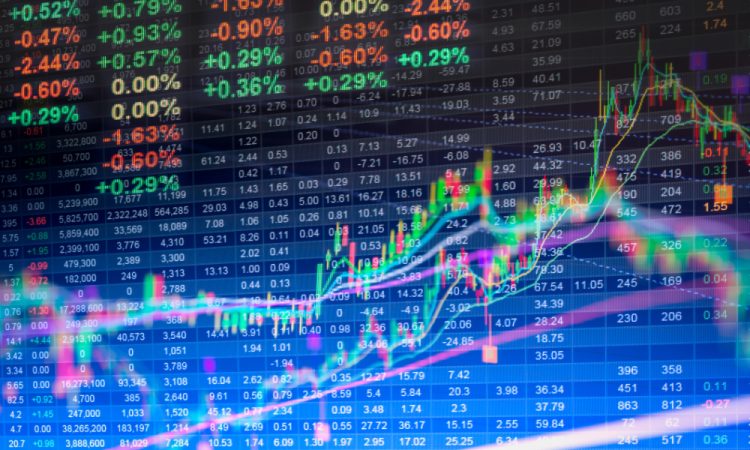
Trading in financial markets requires a unique set of skills that go beyond simply market trends. Successful traders cultivate a blend of analytical, psychological, and practical to navigate the complex world of buying and selling assets. Aspiring traders increase their chances of success in the field by developing these key skills.
Market analysis and research
The foundational skill for any trader is the ability to analyze markets effectively. Technical analysis focuses on studying price charts and patterns to predict future market movements. Fundamental analysis examines economic indicators, company financials, and industry trends to assess the intrinsic value of assets. Sentiment analysis gauges market psychology and investor emotions to anticipate market direction.
Emotional control and discipline
The psychological aspect of trading cannot be overstated. Traders must develop emotional control to avoid impulsive decisions based on fear or greed. This skill involves maintaining discipline in following a trading plan, sticking to predetermined entry and exit points the temptation to overtrade. Successful traders learn to manage stress, handle losses gracefully, and maintain a balanced perspective on their trading activities.
Adaptability and continuous learning
Financial markets are dynamic and constantly evolving. Traders must cultivate adaptability to adjust their strategies in response to changing market conditions. This skill involves staying informed about global economic events, regulatory changes, and emerging trends that impact trading opportunities. Certus Trading Reviews always highlight the importance of ongoing education and skill development in the trading world.
Time management and focus
Trading requires managing time effectively and maintaining focus during market hours. Traders must learn to prioritize tasks, avoid distractions quick decisions under pressure. This skill involves creating a structured daily routine, setting specific times for market analysis, and maintaining a dedicated trading environment free from unnecessary interruptions.
Networking and communication
While often overlooked, networking and communication skills play a vital role in a trader’s success. They are building relationships with other traders, market analysts, and industry professionals with valuable insights and trading opportunities. Effective communication also involves articulating trading ideas clearly, whether it’s discussing strategies with peers or explaining market dynamics to clients or investors.
Patience and discipline
Successful trading often requires waiting for the right opportunities to present themselves. Traders must develop the patience to avoid forcing trades when market conditions are unfavourable. This skill goes hand-in-hand with discipline, as traders need to resist the urge to deviate from their trading plan or chase losses with risky trades.
Record keeping and performance analysis
Maintaining detailed records of trades and regularly analysing performance is essential for improvement. Traders should track not only their profits and losses but also the reasons behind each trade, market conditions, and emotional states. This data allows traders to identify patterns in their trading behaviour, refine their strategies, and make data-driven decisions to perform over time.
A successful trader requires developing diverse skills that encompass analytical, psychological, and practical aspects of trading. By focusing on these essential skills – from market analysis and risk management to emotional control and continuous learning – aspiring traders can build a solid foundation for their trading careers. As traders progress in their journey, they often find the process of skill development is ongoing, with new challenges and opportunities for growth as markets evolve and trading strategies advance.




